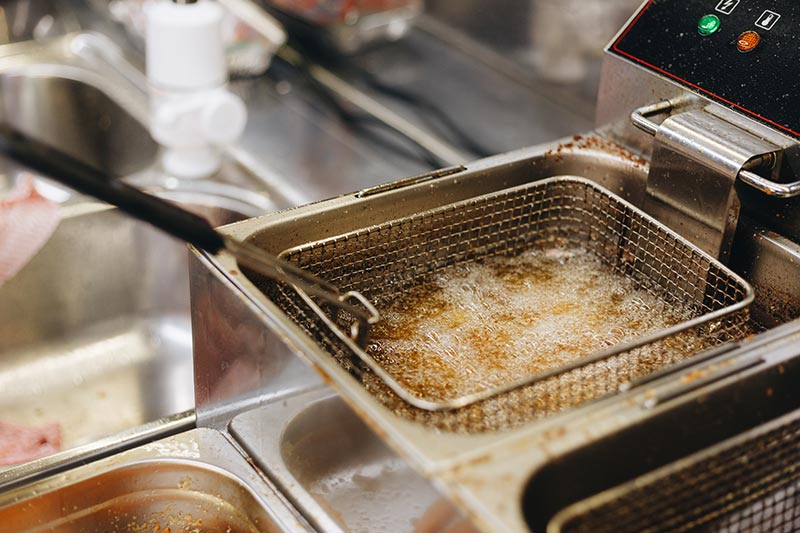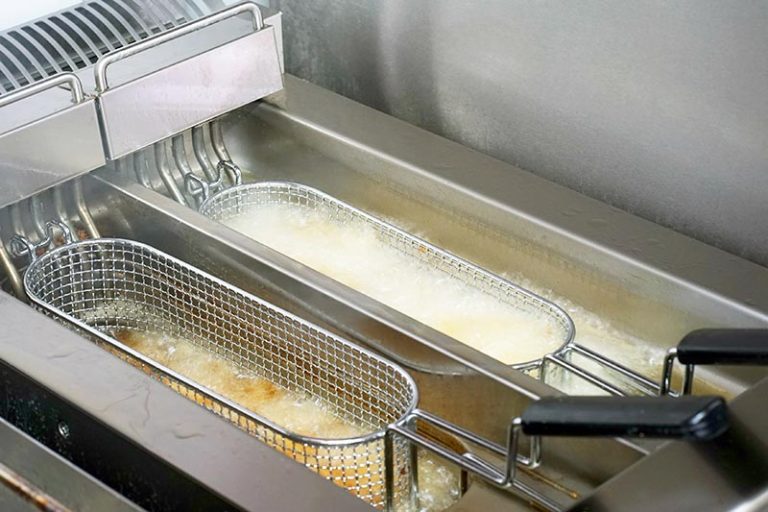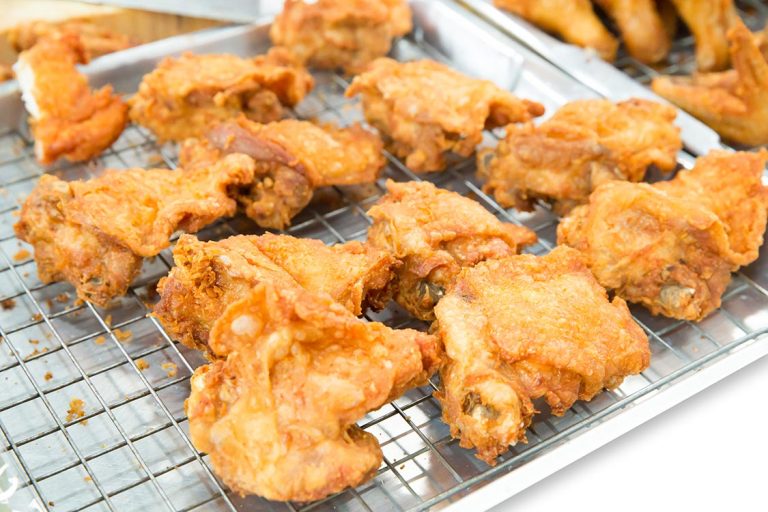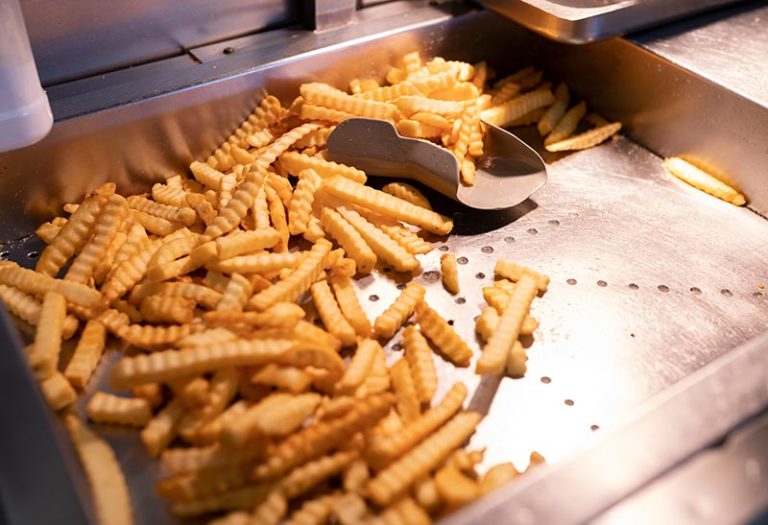Maximizing Profitability with Used Cooking Oil Rebates: A Step-by-Step Guide
Recycling used cooking oil has evolved from an eco-friendly initiative to a smart financial strategy for businesses. For restaurant owners, the potential to turn waste into profit through rebate programs offers a compelling reason to reconsider grease management. Let’s explore how you can transform every drop of used oil into a steady revenue stream.
Understanding Oil Rebates: A Golden Opportunity
Rebate programs allow restaurants to earn revenue from used cooking oil by partnering with recycling companies. These companies collect the oil, process it into biodiesel or other renewable products, and offer a percentage of the profits back to the source—your kitchen.
Unlike disposal services that charge fees to take away grease, rebate programs incentivize proper recycling by providing compensation based on volume and quality. The more oil you recycle and the better its condition, the more you can earn.
Oil rebates are especially appealing because they align environmental responsibility with business growth. By participating, you not only reduce your carbon footprint but also create a new income source that can offset rising operational costs.
Assessing Your Oil Output: Setting the Foundation
Before diving into rebate programs, it’s crucial to understand your oil usage and waste production. Track how much oil your kitchen generates weekly, factoring in seasonal fluctuations.
Maintaining accurate records not only helps you gauge your rebate potential but also strengthens your position when negotiating terms with recyclers. Additionally, this data can highlight inefficiencies in your kitchen, such as overuse of oil, that might be costing you money.
Choosing the Right Recycling Partner: The Key to Success
The effectiveness of your rebate program hinges on selecting a reliable recycling partner. Look for a company that offers:
- Competitive Rates: Ensure the rebate percentage aligns with industry standards.
- Transparent Practices: Understand how your oil is processed and how rebate amounts are calculated.
- Regulatory Expertise: Partner with a recycler familiar with FOG (fats, oils, and grease) compliance to avoid legal pitfalls.
Longview Environmental Company excels in these areas, offering clear rebate terms, eco-friendly processing, and unparalleled support tailored to your business.
Optimizing Oil Quality: Maximizing Rebate Value
Not all used cooking oil is created equal. Quality plays a significant role in determining your rebate amount. Simple practices can boost the value of your waste:
- Proper Storage: Use sealed, food-grade containers to prevent contamination.
- Filtration: Filter out food particles before storage to maintain purity.
- Timely Disposal: Schedule regular pickups to prevent spoilage and degradation.
Educating your kitchen staff on these protocols can ensure every batch of oil is rebate-ready. Think of it as protecting your profits one fryer at a time.
Realizing the Financial Impact
The cumulative benefits of an effective rebate program go beyond the dollar amount per gallon. Consider these additional impacts:
- Offset Disposal Costs: Save hundreds annually by eliminating traditional grease removal fees.
- Streamlined Operations: Work with a recycler that provides collection services, reducing staff workload and operational disruptions.
- Enhanced Brand Image: Highlighting your recycling efforts can boost your reputation with eco-conscious diners.
Longview’s comprehensive approach ensures that these benefits are realized seamlessly, making recycling an integral part of your operations rather than an added task.
Why Act Now? The Grease-to-Gold Opportunity
The potential of used cooking oil rebates is too significant to ignore. With the right tools, processes, and partners, you can turn a necessary aspect of your business into a valuable asset. As the demand for biodiesel grows and recycling technologies advance, the value of your oil is only set to increase.
Longview Environmental Company simplifies the process, from assessing your output to delivering top-tier rebate rates. Partner with us to ensure you’re not leaving money on the table—or in the grease trap.
Recycling used cooking oil is no longer just about sustainability; it’s a financial strategy that savvy restaurant owners can’t afford to overlook. By understanding rebate programs, optimizing your practices, and partnering with industry leaders like Longview, you can unlock significant savings and new revenue streams.
It’s time to transform used cooking oil into profit. Schedule a consultation with Longview Environmental Company today and start maximizing your profitability, one gallon at a time.








